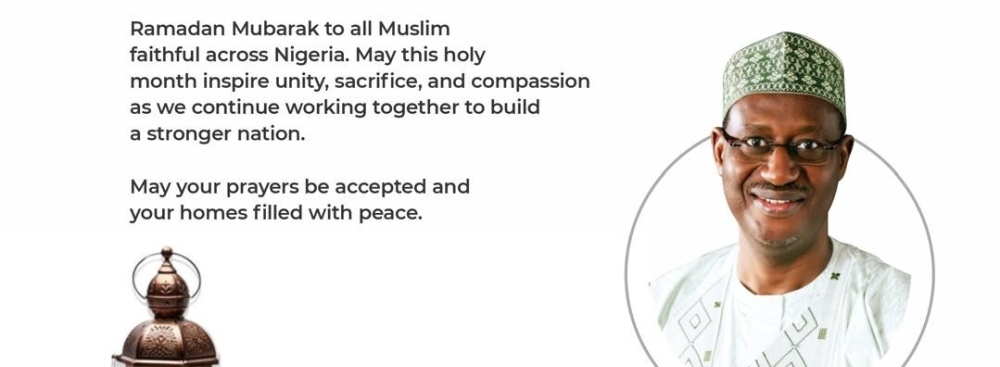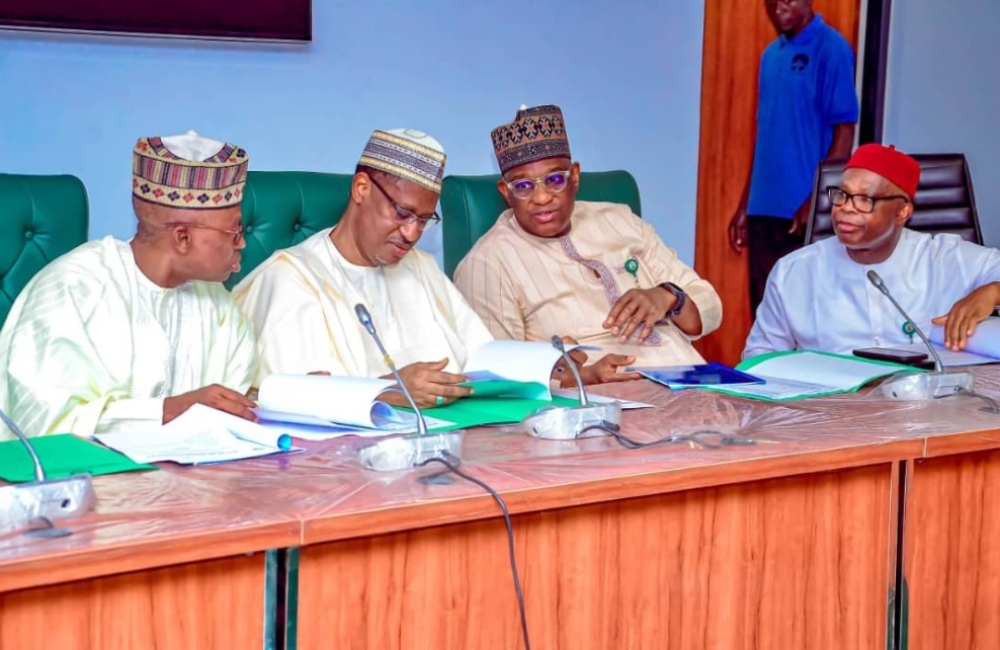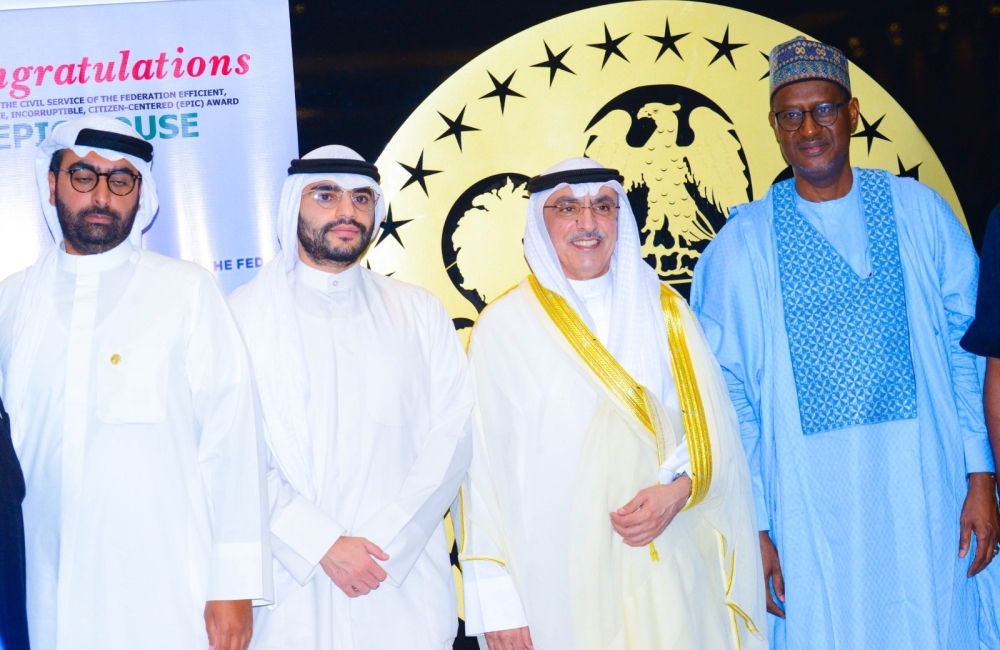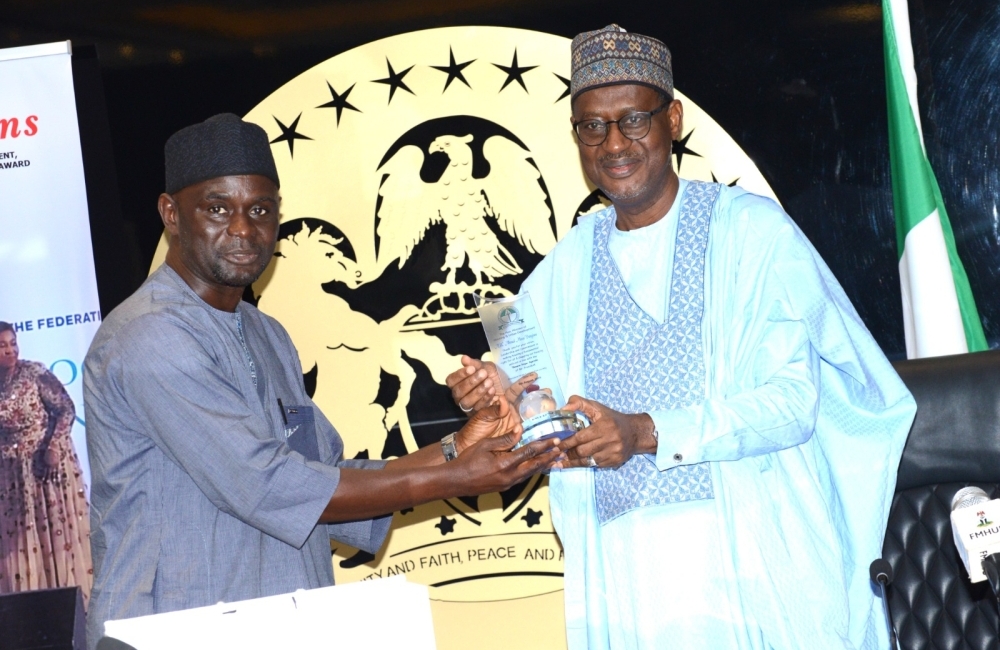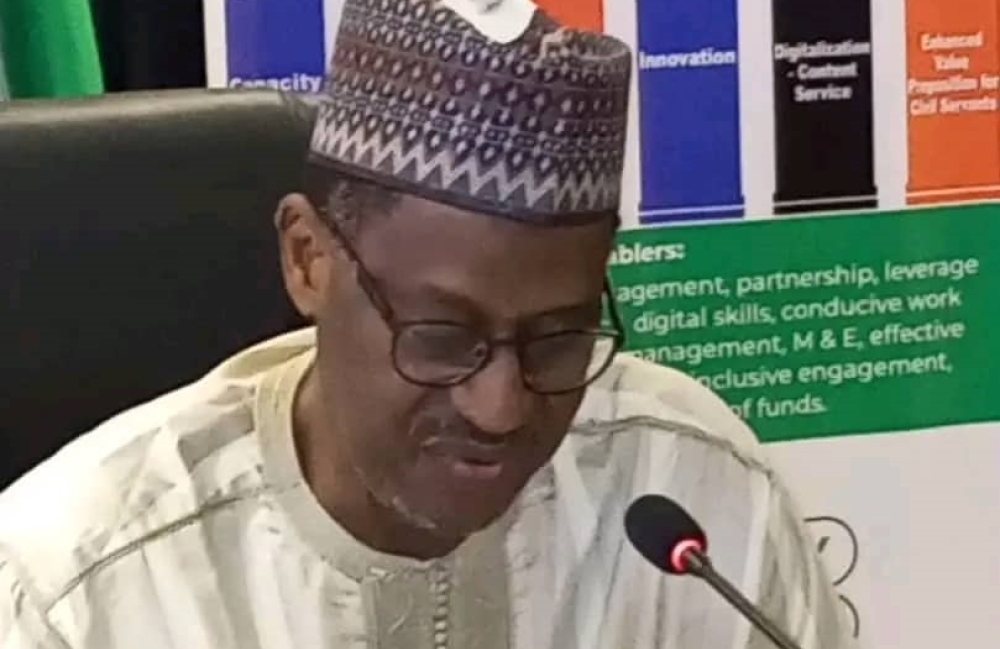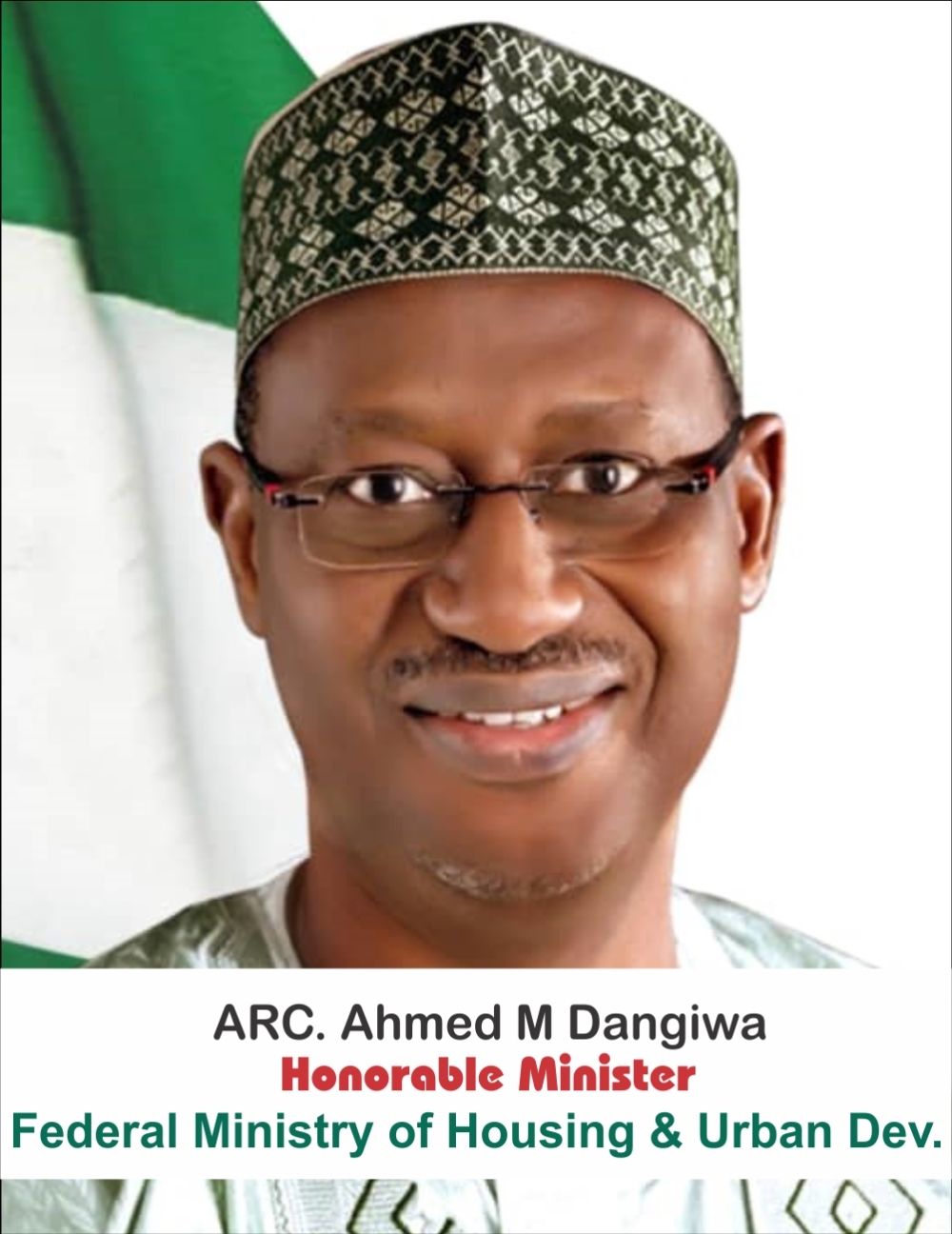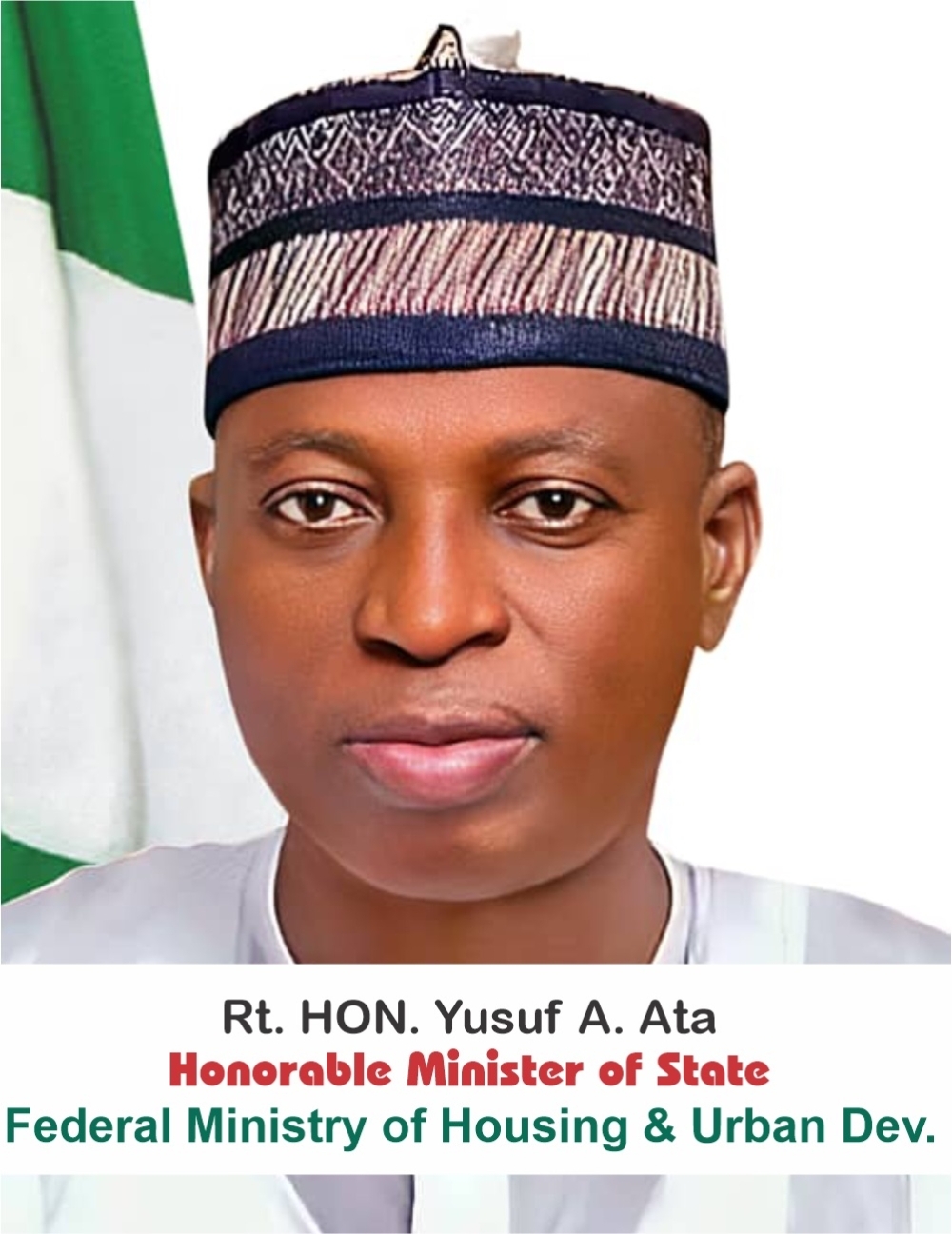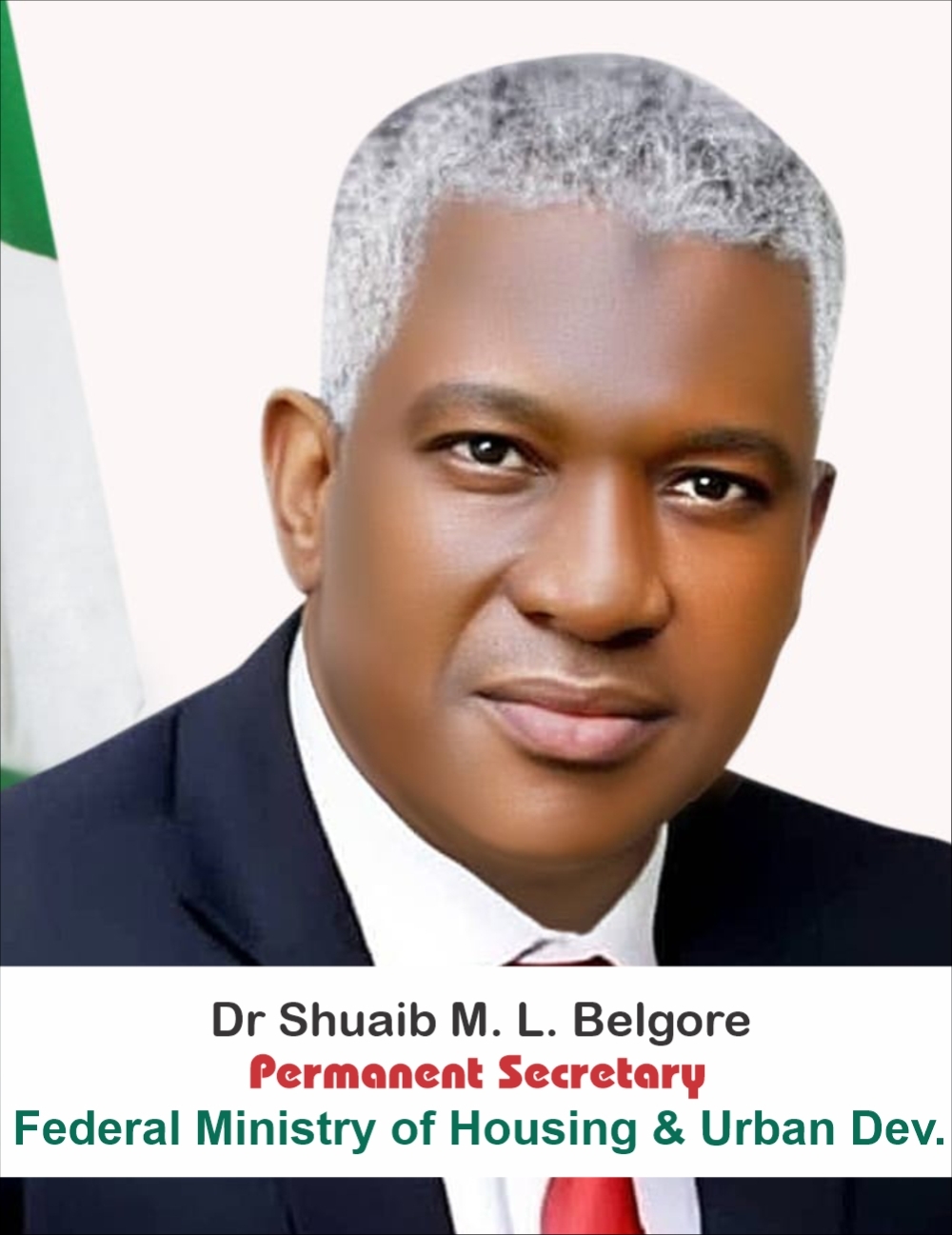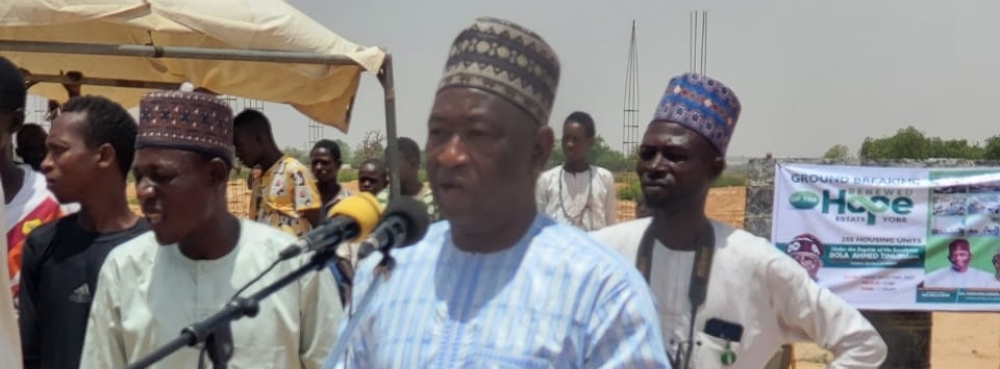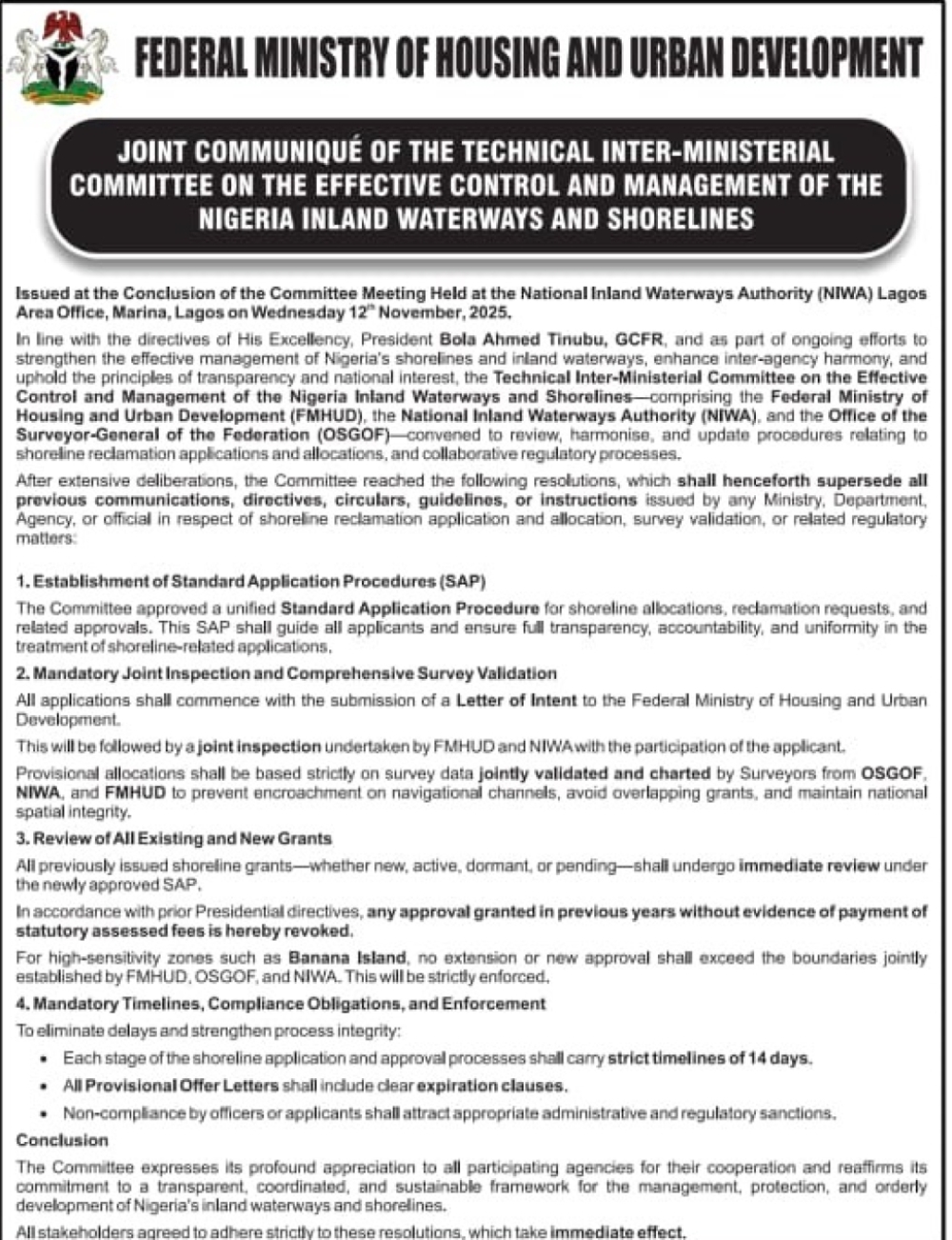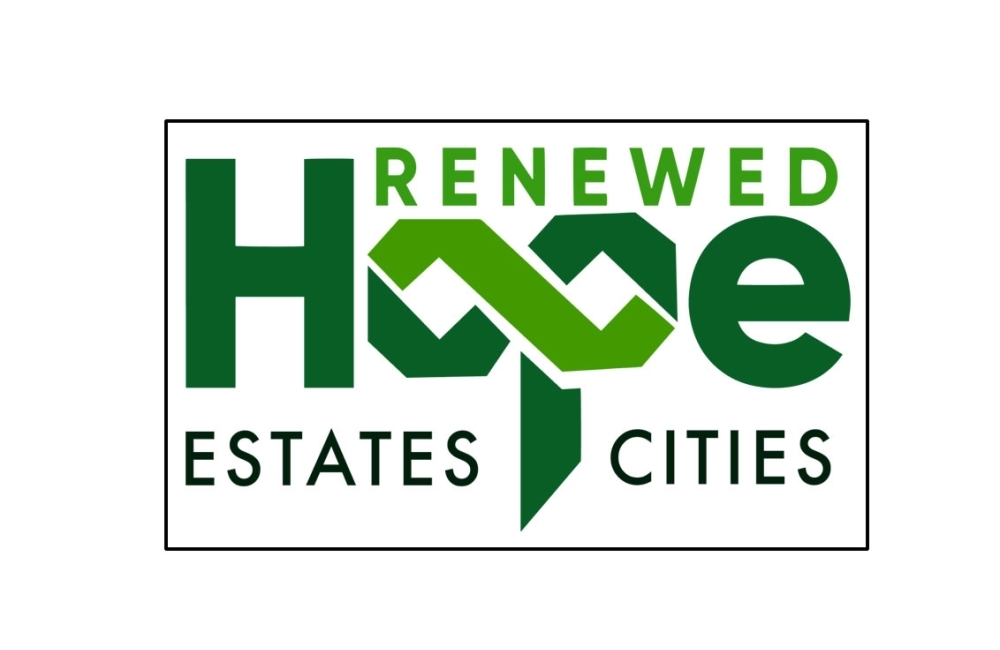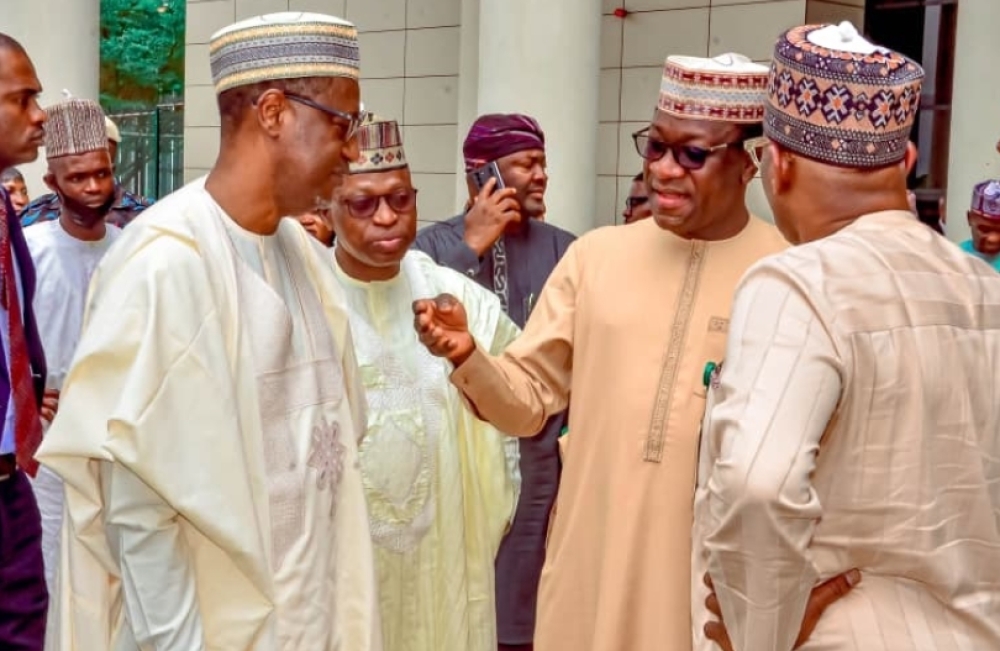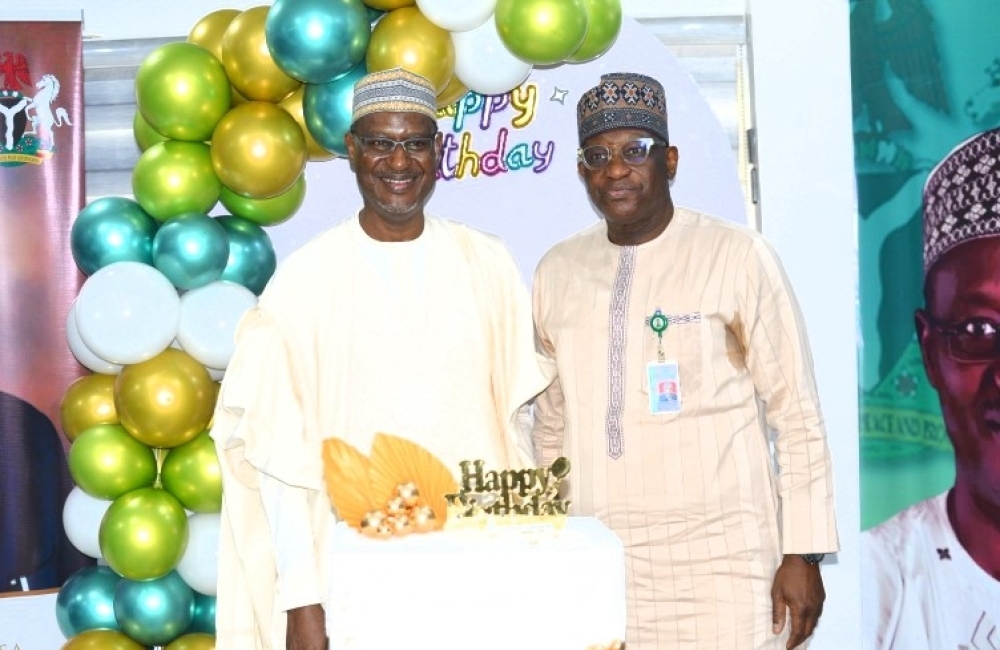Remarks By The Hon. Minister of Housing and Urban Development Arc. Ahmed Musa Dangiwa, Represented by the Hon. Minister of State for Housing and Urban Development Engr. Abdullahi Tijjani Gwarzo, at the Launch of The 250-Housing Unit Renewed Hope Estate in Yobe On Friday, May 24th 2024
Protocols
Distinguished Guests, Ladies and Gentlemen,
1. First, I would like to thank His Excellency, the Executive Governor of Yobe State, Mai Mala Buni CON, for honoring our invitation to be a part of today’s event.
2. I am very excited to be here as the Hon. Minister of State representing the Hon. Minister of Housing and Urban Development, Arc. Ahmed Musa Dangiwa to perform the groundbreaking for a 250-housing unit Renewed Hope Estate.
3. The Renewed Hope Estate in Yobe comprises of 50 units of 1-bedroom semi-detached bungalows, 150 units of 2-bedroom semi-detached bungalows, and 50 units of 3-bedroom semi-detached bungalows.
4. We have designed these housing units in a way that makes it easy and affordable for people to offtake. We have used organic designs to allow for future expansion as the income of beneficiaries increases. What this means is that the 1-bedroom can be expanded to 2 bedrooms and a 2-bedroom expandable to 3 bedrooms as the owner’s financial situation improves or he grows in service.
5. As we break the ground on this project, I want to charge the developers, Messrs. Katalyst Dynamics & Contracting Co. Ltd, Jikantiti Nigeria Limited, MB Yalwa Contractors Ltd, and 2 Horses Ventures Limited to ensure that they build according to specifications. I expect you to deliver a quality job because we will not tolerate substandard. We also want you to have this work finished within the next three months so that we can begin the process of getting Yobe indigenes to purchase and move in.
6. We have created different options to enable everyone who has a source of income and livelihood to own these homes when they are completed. These include single-digit mortgage loans with up to 30-year terms provided by the Federal Mortgage Bank of Nigeria, Rent-to-Own schemes, and Outright Purchase options for those who can afford to pay upfront.
7. I want to state that today's groundbreaking event is part of a larger vision of His Excellency, President Bola Ahmed Tinubu, GCFR, when he launched the Renewed Hope Cities and Estates project with a 3,112-housing unit project in Karsana, Abuja, earlier this year.
8. Under Phase One, we plan to deliver a total of 50,000 housing units across Nigeria. The cities will have between 500 - 1,000 housing units per site in one location in each of the six geopolitical zones in the country and the FCT, while the estates will have 250 units per site in the remaining thirty (30) states.
9. With this housing programme, we plan to unlock the massive potential of housing development to create jobs, uplift lives and boost economic development. Statistics show that construction of one housing unit creates an average of 25 direct and indirect jobs. So, for these 250 housing units we are hoping to create jobs for over 6,500 people. This is besides the economic activities including persons selling food, supplying blocks, building materials and the likes. The value chain effect is big and creates positive economic impact.
10. Nationwide, we currently have estates in 12 States and Cities in 3 States. The estates are sited in Katsina, Yobe, Gombe, Abia, Nasarawa, Benue, Akwa Ibom, Delta, Sokoto, Oyo, and Osun. The cities are in Abuja, Kano and Lagos.
11. This exercise started on Wednesday with the groundbreaking for a 250-housing unit Renewed Hope Estate in Katsina, followed by the groundbreaking for a 500-housing unit Renewed Hope City in Kano yesterday. After here, we will be proceeding to Gombe for the groundbreaking of a 250-housing unit Renewed Hope Estate. In total, we are breaking ground for 1,250 housing units across four states in Northern Nigeria.
12. Under the Renewed Hope Agenda of His Excellency, we are particular about giving Nigerians value for money. The funding for these projects come from the N50 billion 2023 Supplementary Budget of the Federal Ministry of Housing and Urban Development. We have already awarded contracts for 3,500 housing units in those 13 States. States that have not been covered under the 2023 Supplementary Budget will be included in the 2024 Budget, and I urge all State Governments who are yet to provide land for these projects to do so promptly.
13. At this juncture, I also want to appreciate and thank His Excellency, the Executive Governor of Yobe State, His Excellency Mai Mala Buni CON for promptly granting our request for the provision of land at no cost. This singular action has helped us to reduce as much as 30% of the cost of the units in this Estate for the benefit of potential homeowners. This is a dividend of responsible governance and I applaud Your Excellency for this.
14. Before I close my remarks, I want to thank and appreciate our President for providing the vision and the political will necessary for us to make a difference in terms of delivering decent and quality housing to Nigerians. The Groundbreaking ceremony today in Yobe state and tomorrow in Gombe state is a testament that Mr. President and indeed the Federal Government of Nigeria is committed to fulfilling promises and responsibilities to all Nigerians.
Long live Yobe and His Excellency, the Executive Governor.
Long live the Federal Republic of Nigeria.
Long live Mr. President.
